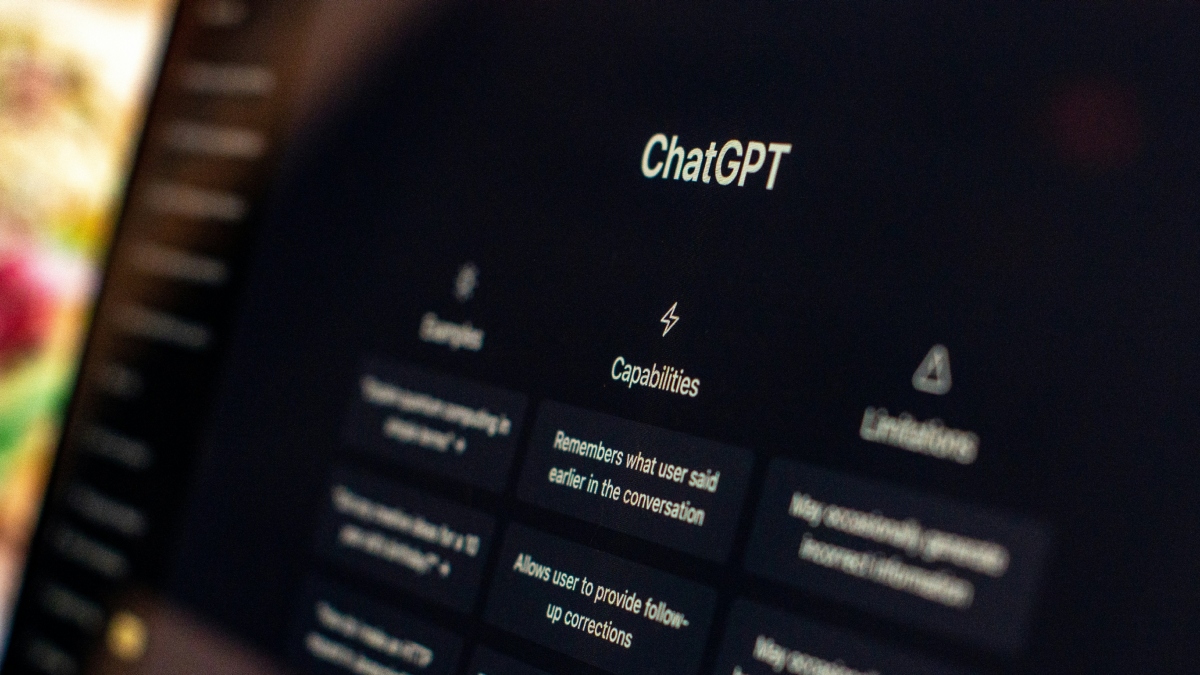Starting next academic year, artificial intelligence (AI) will become a core part of the UAE’s government school curriculum—from kindergarten to Grade 12—following a major education reform unveiled by Sheikh Mohammed bin Rashid, Vice President and Ruler of Dubai.
The new initiative aims to equip students with a strong grasp of AI’s technical aspects, while also instilling ethical awareness and critical understanding of its applications, risks, data, and algorithms.
“This move is part of our long-term vision to prepare future generations for a different world with new challenges and skills,” Sheikh Mohammed said on X. He emphasized the importance of teaching young learners how AI connects to society and life, not just how it functions.
The curriculum, developed by the Ministry of Education, is structured around seven key areas: foundational AI concepts, data and algorithms, ethical understanding, software tools, real-world applications, innovation projects, and policy engagement.
Content will be tailored to age groups through three learning cycles. In early grades, AI will be introduced through interactive play. As students progress, they’ll engage in hands-on projects, system design, and advanced topics such as ethical decision-making and command engineering.
Designated educators will deliver AI lessons under the “Computing, Creative Design and Innovation” subject, supported by detailed guides and adaptable lesson plans.
The announcement comes amid a broader national push to position the UAE at the forefront of AI innovation. Last month, Sheikh Hamdan bin Mohammed, Crown Prince of Dubai, highlighted the need for global AI cooperation and welcomed international experts to collaborate in shaping the future of the technology.
Additionally, the UAE Cabinet has greenlit a new AI-powered legislative system designed to streamline the creation of laws, potentially cutting development time by 70 percent.





